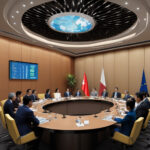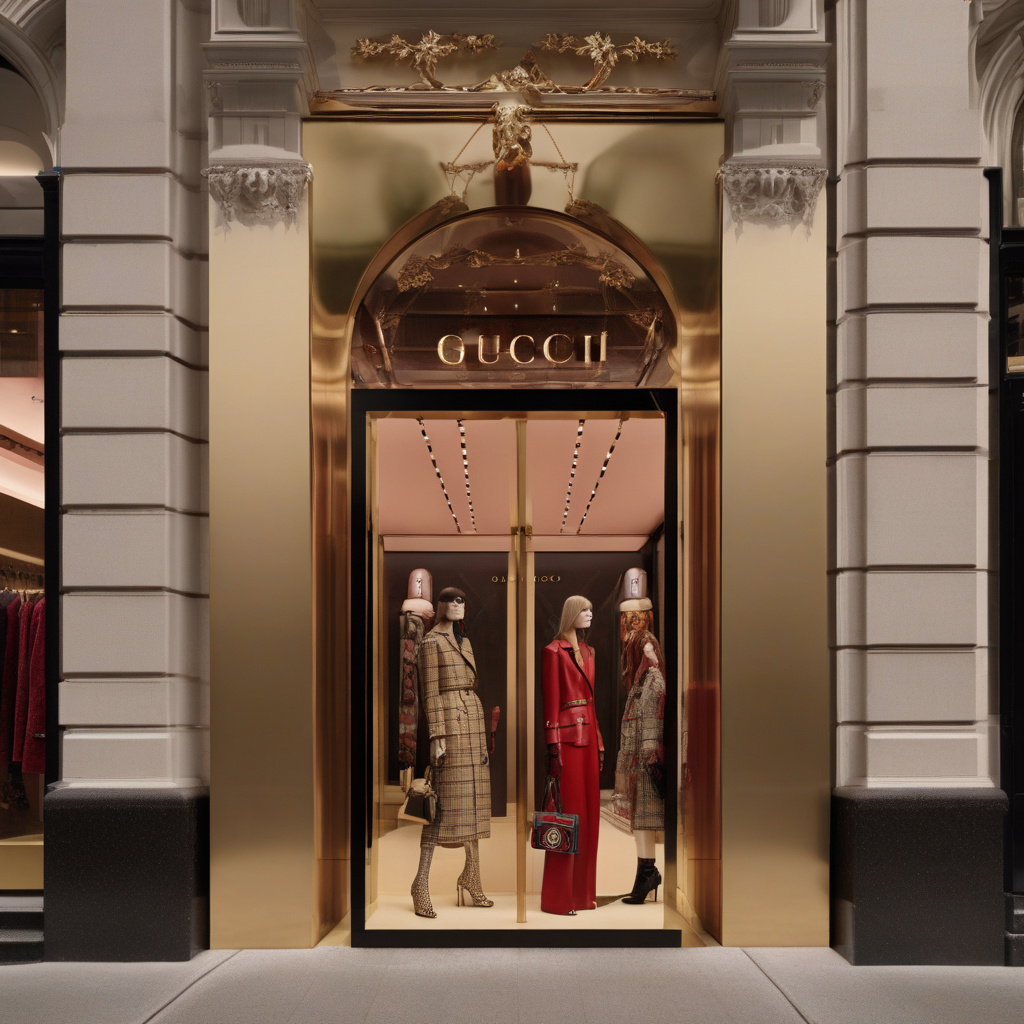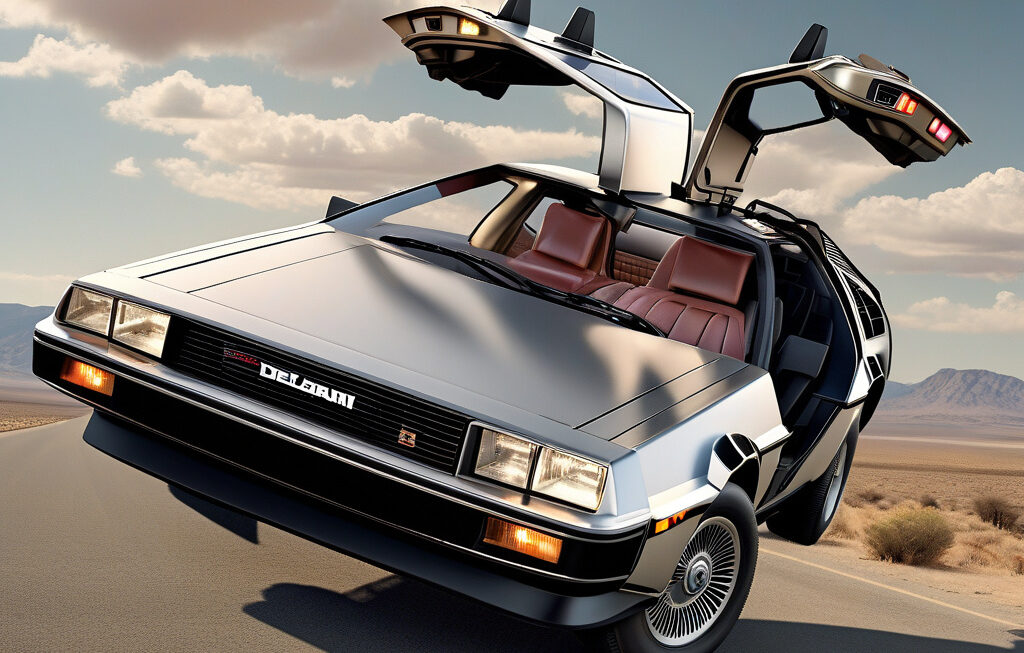Gucci Sales Plummet 25%: A Sign of Changing Tides in the Luxury Market
In the realm of high-end fashion, few names hold as much prestige and recognition as Gucci. Known for its iconic double G logo and timeless designs, the Italian luxury brand has long been a symbol of status and sophistication. However, recent reports of Gucci’s sales falling by a staggering 25% have sent shockwaves through the fashion industry.
The decline in Gucci’s sales is part of a larger trend affecting its parent company, Kering. In the first quarter of the year, Kering reported a significant 14% drop in sales, with other prestigious brands under its umbrella, such as Saint Laurent and Balenciaga, also experiencing a downturn in demand for luxury goods.
So, what could be driving this sudden shift in the market? One of the key factors is the ongoing global pandemic, which has disrupted economies and consumer behavior worldwide. With lockdowns, travel restrictions, and economic uncertainty, many consumers are reevaluating their spending habits, particularly when it comes to luxury items.
The closure of retail stores and the cancellation of high-profile events like fashion shows and red carpet galas have also taken a toll on luxury brands. Without the usual opportunities for consumers to showcase their designer purchases, the appeal of luxury goods has waned for some.
Furthermore, there is a growing emphasis on sustainability and ethical practices in the fashion industry. Consumers, especially younger generations, are increasingly conscious of the environmental and social impact of their purchases. Brands that fail to align with these values may find themselves struggling to resonate with discerning consumers.
In response to these shifting dynamics, luxury brands like Gucci are being forced to adapt and innovate. For Gucci, this has meant ramping up their digital presence and e-commerce capabilities to reach customers who are now more inclined to shop online. Leveraging social media platforms and virtual experiences, Gucci is striving to engage with consumers in new and meaningful ways.
Additionally, Gucci is exploring collaborations and limited-edition releases to generate excitement and drive sales. By partnering with artists, celebrities, and influencers, the brand is able to create buzz and capture the attention of a wider audience.
Despite the challenges it faces, Gucci remains a formidable force in the fashion world. With its rich heritage, creative vision, and loyal customer base, the brand is well-positioned to weather the current storm and emerge stronger on the other side. By staying true to its identity while embracing innovation, Gucci has the potential to reclaim its status as a leader in luxury fashion.
As the luxury market continues to evolve and adapt to changing circumstances, it is clear that brands like Gucci must stay nimble and responsive to remain relevant. By staying attuned to consumer preferences, market trends, and societal shifts, Gucci can navigate these turbulent waters and secure its position as a coveted luxury brand for years to come.
Gucci, Kering, Luxury Market, Fashion Industry, Changing Trends












